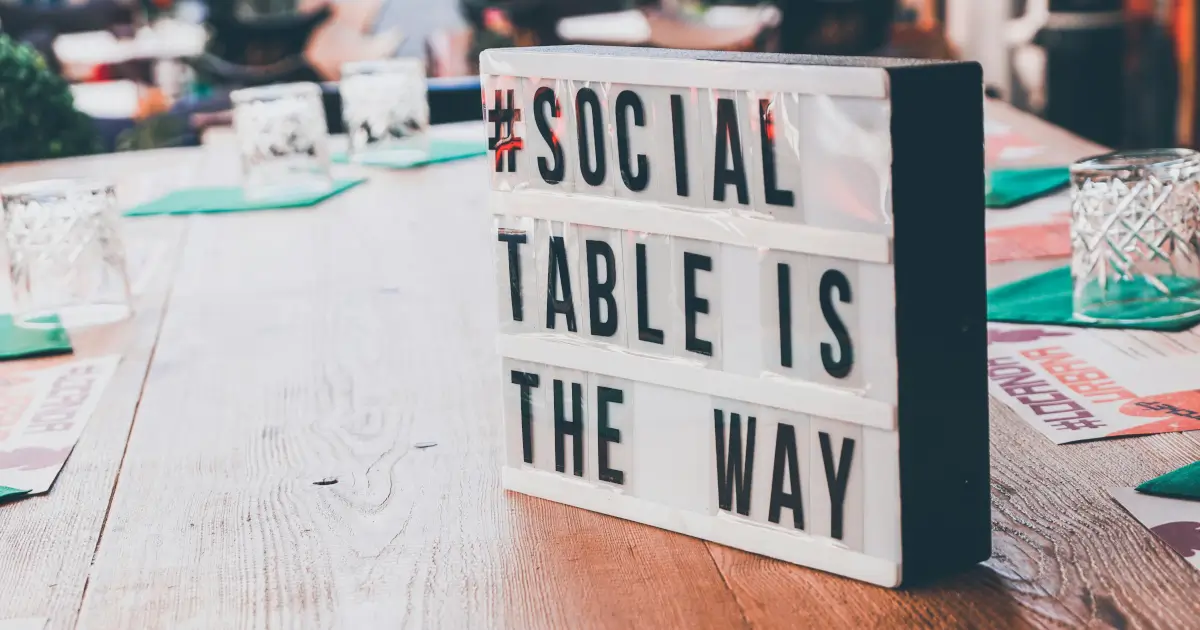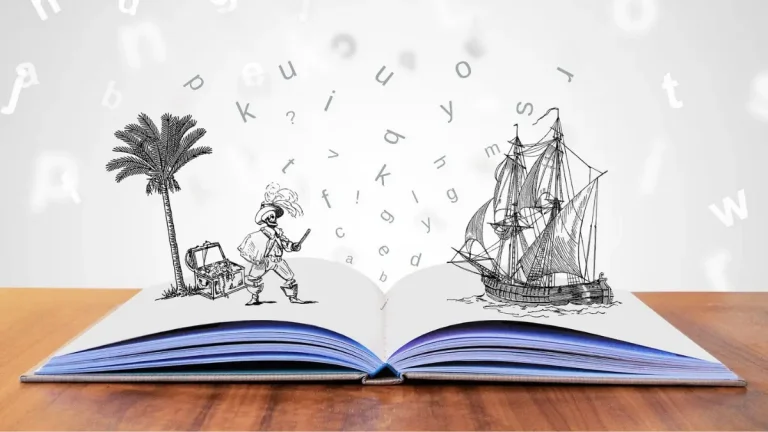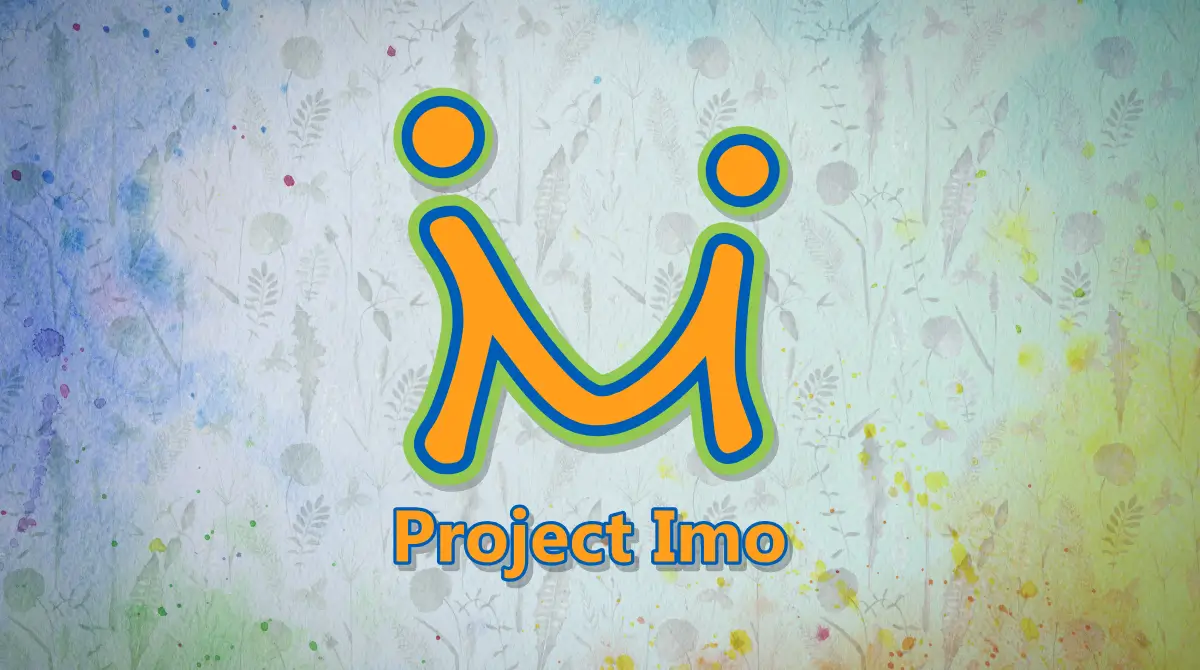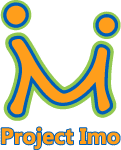Finding Stories in Science: Essentials of Storytelling with Data and Impact
Science is everywhere. It shows up in the air we breathe, the food we eat, and the choices we make about how to care for our communities. But science by itself doesn’t always move people to care or act. What makes the difference is how the story is told. When you hear about a researcher who discovered something new, or a neighbor who noticed changes in the local stream, it’s the story that makes you remember and want to do something about it.
This workshop is built around that simple but powerful idea. For our time together, we’ll explore how to turn facts and data into stories that connect. Led by our very lover of science and fantastic storyteller Jason Hyland (Jay), you’ll get the chance to listen, practice, and create alongside others who care about making science more meaningful and accessible.
Why we start with stories
Numbers and graphs are important, but they don’t usually stick in people’s minds. Think about climate change. A chart can show a rise in temperature, but hearing how it affects a farmer’s crops or a family’s daily life makes it real. That is the heart of storytelling. It is about putting a human face on information and inviting people to see themselves in the bigger picture.
What we will do together
This session is not a lecture. It is a mix of short lessons, examples, and hands-on practice. You will learn:
- How to recognize the elements of a good story such as a character, a challenge, and a resolution.
- How to take complicated ideas and make them understandable without losing the important details.
- How to shape your message for different audiences whether it is a classroom, a community meeting, or a friend who is curious.
- How to share your story out loud and get feedback in a supportive space.
By the end, you will have started shaping a story of your own. It could be about a project you’re working on, a local issue you care about, or even a favorite science fact that you want to share in a new way.
How the time will flow
We’ll begin by looking at a number of examples from scientists, teachers, and advocates who have used stories to bring attention to their work. We will take time to explore in small groups to identify the “characters” and “conflicts” in your own area of interest. Time will be allotted to make sure we all have time to practice in a format or two, possibly experiment on how to present it, and learn how a small shift in perspective, wording, focus can make a big difference.
Who should come
This workshop is for anyone who wants to feel more confident talking about science. You don’t need to be a professional speaker or writer. You just need curiosity and a willingness to practice. Students, educators, researchers, and community members are all welcome.
Why it matters for our community
At Project Imo, we believe knowledge is meant to be shared. When people can tell science stories in ways that feel clear and relatable, the whole community benefits. It means local issues like invasive species, conservation, or climate impacts can be talked about in ways that lead to real conversations and real change.
What you’ll take away
By the end of the session you will have:
- A draft of a story you can share with others.
- Tools for simplifying and clarifying information.
- More confidence in speaking and writing about topics you care about.
- A new understanding of how your voice can support the work of building a healthier community and environment.
Join us
Finding Stories in Science is about giving you a chance to discover your own voice and how it can make a difference. Together we’ll practice, encourage one another, and come away with stories that connect people to the science that matters most.





